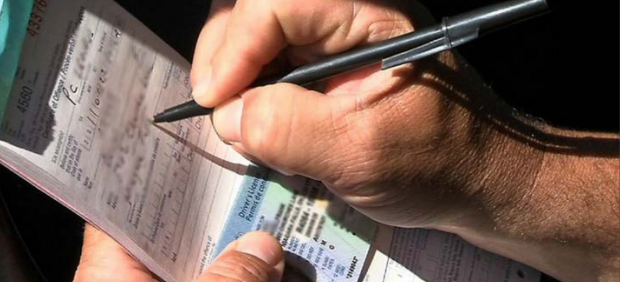
“Every unpaid fine undermines the justice system, frustrates our law enforcement officers, and denies local governments much-needed revenue in challenging economic times.”
— Alok Mukherjee, Former Chair of the Toronto Police Services Board
POA offences include violations of the Highway Traffic Act, Compulsory Automobile Insurance Act, City Bylaws and many more.
The Province transferred the responsibility for the administration of POA-related matters to its municipalities. In 2002, the handover to Toronto included $200M in defaulted fines.
This audit focused on Court Services processes for managing and collecting POA fines (except for parking tickets which is managed by Revenue Services).
Why This Audit Matters
As of June 2017, there were over 2 million Provincial Offences Act (POA) fines.
Aside from the financial impact to the City, knowing that fines are collected provides the public with assurance that laws are effective and fines are a meaningful deterrent when they are broken.
By the Numbers
- 2M: cases with fines in default
- $577M: amount in default, which includes $63M to be collected by the City on behalf of the Province and includes $93M in collection agency costs added by Court Services in order to pay for potential collection agency commissions
- 74% of defaulted fines have been outstanding more than five years
- $651M (67%) out of $972M in post-transfer fines have been collected
- 600 accounts with $50,000 or more in default, totalling $84M
- $1 billion: amount of receivables outstanding across the entire City
What We Found
A More Comprehensive Collection Approach is Needed
We observed that various elements of Court Services collections approach need improvement. For example:
- A more robust strategy is needed for difficult to collect fines such as high-balance accounts, companies and repeat offenders.
- Fines were not always assigned to contracted collection agencies on a timely basis.
- The provincial Integrated Courts Offences Network (ICON) system, does not adequately support effective collections by Court Services, including tracking of updated debtor information. Court Services needs a robust collections management system.
- There was insufficient reporting to Council on collection outcomes.
Not all collection tools available to the City were being used to their fullest practical extent. For example, driver’s licence suspensions did not appear to be applied to all eligible fines, Certificates of Default were not prioritized to enable civil enforcement (e.g., writ of seizure and sale) and not all eligible fines were referred to Legal Services for addition to a debtor’s property tax roll.
The City should also seek to expand its collections toolbox. For example, the Canada Revenue Agency Set-Off Program enables tax refunds and credits to be applied against eligible debts. Participating in this program can provide an avenue of last resort for collecting unpaid POA fines.
The Need for City-Wide Transformation of Collections Management
Many of our previous reports have revealed similar issues relating to receivables and collections. This latest report provides the impetus to renew our recommendation for centralized City-wide collection of overdue accounts. A consolidated approach will bring improved oversight, economies of scale and specialized knowledge that may be more difficult to acquire in the City’s current decentralized environment.
How Recommendations Will Benefit the City
The effective collection of defaulted fines assures Torontonians that laws are working and fines are a meaningful deterrent when they are broken. This audit makes 31 recommendations to strengthen the Court Services’ strategy, oversight and tools to collect defaulted POA fines.
With a centralized City-wide approach to collections, the City has an opportunity to greatly improve how it collects debts owing to all divisions.